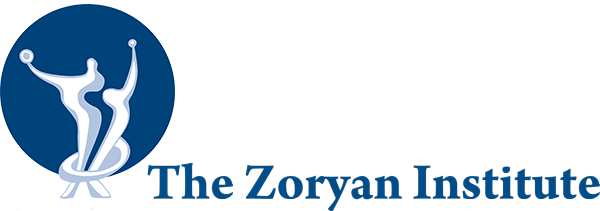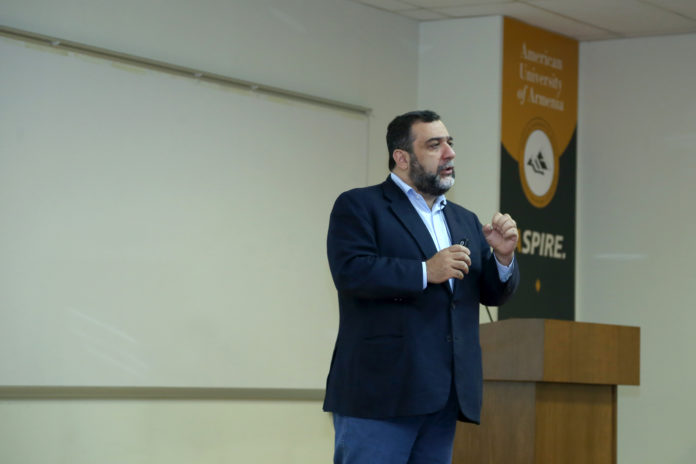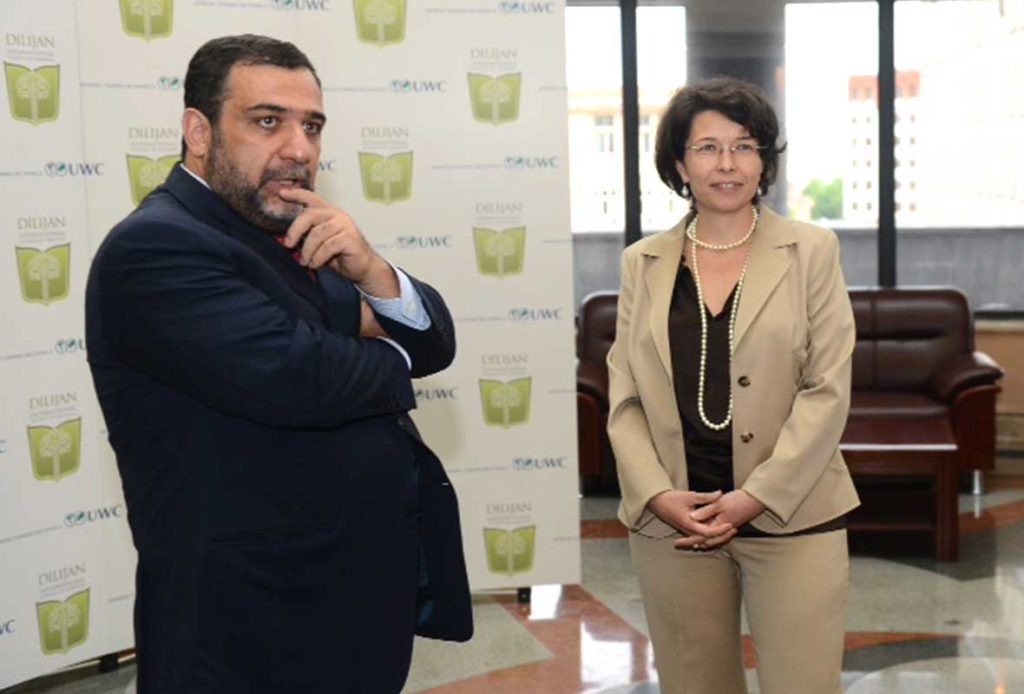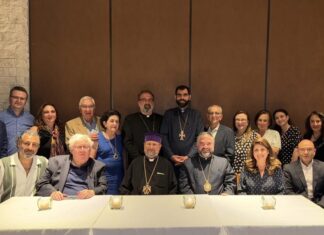By Rick Pushinsky
MOSCOW (Financial Times) — Ruben Vardanyan recalls earning a first monthly salary of just $100 shortly after the Soviet Union collapsed. Today, his focus is more on how to give away the vastly larger sums he has amassed and to share his advice with Russians still ill-prepared for wealth succession.
The Russian-Armenian businessman — who puts his wealth at “way less” than a Forbes estimate of $950 million — says in recent years he has made $300 million in donations and social impact investments. In parallel, he advises wealthy families that have emerged from the post-Communist world as they move towards retirement.
As a student at Moscow University in 1990, Vardanyan began preparing for the transition from central planning to the market economy. Within months, he became one of the first employees of Troika Dialog, which aimed to be Russia’s pioneering investment bank in fast-moving and unpredictable “Wild East” times.
“It was really a unique time,” says Vardanyan. “There were no regulations, no clients, nobody knew what the securities market was. My exam was a discussion with the deputy minister of finance.”
In 1992, when Goldman Sachs poached senior staff, he became Troika’s executive director at the age of only 23. The bank was active in the “voucher” privatizations of state enterprises and began wooing foreign investors as clients. He became an early participant in the country’s fledgling trading and deposit clearing systems. “It was the very, very beginning of everything.”









